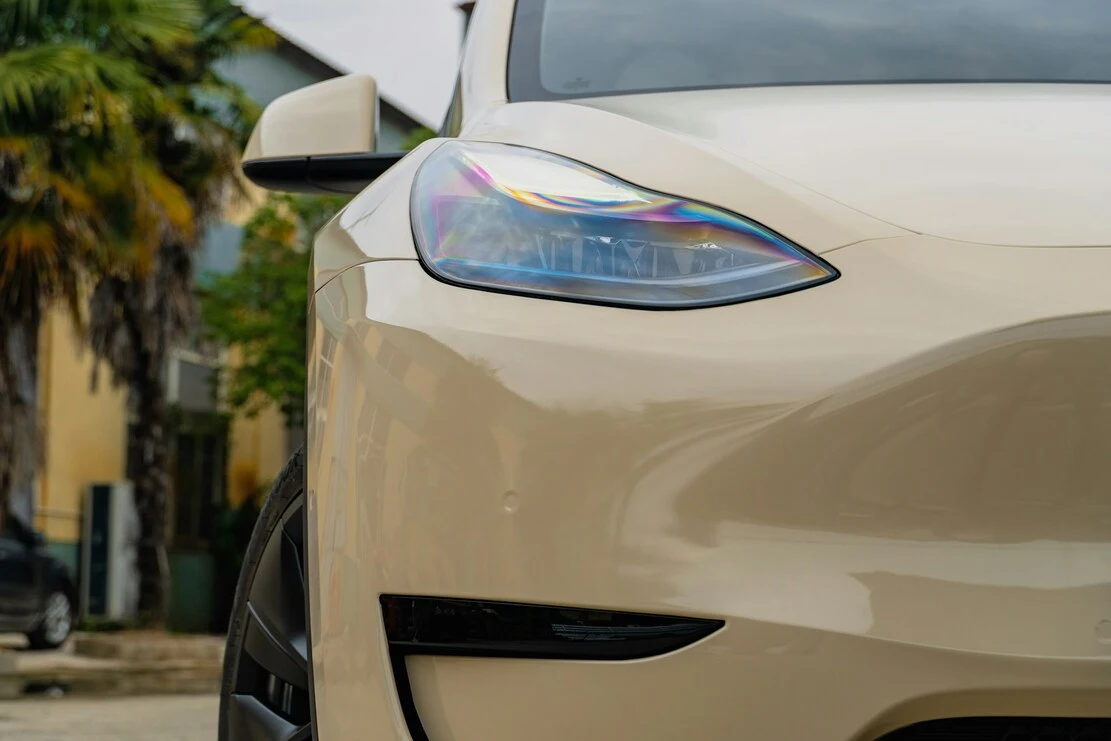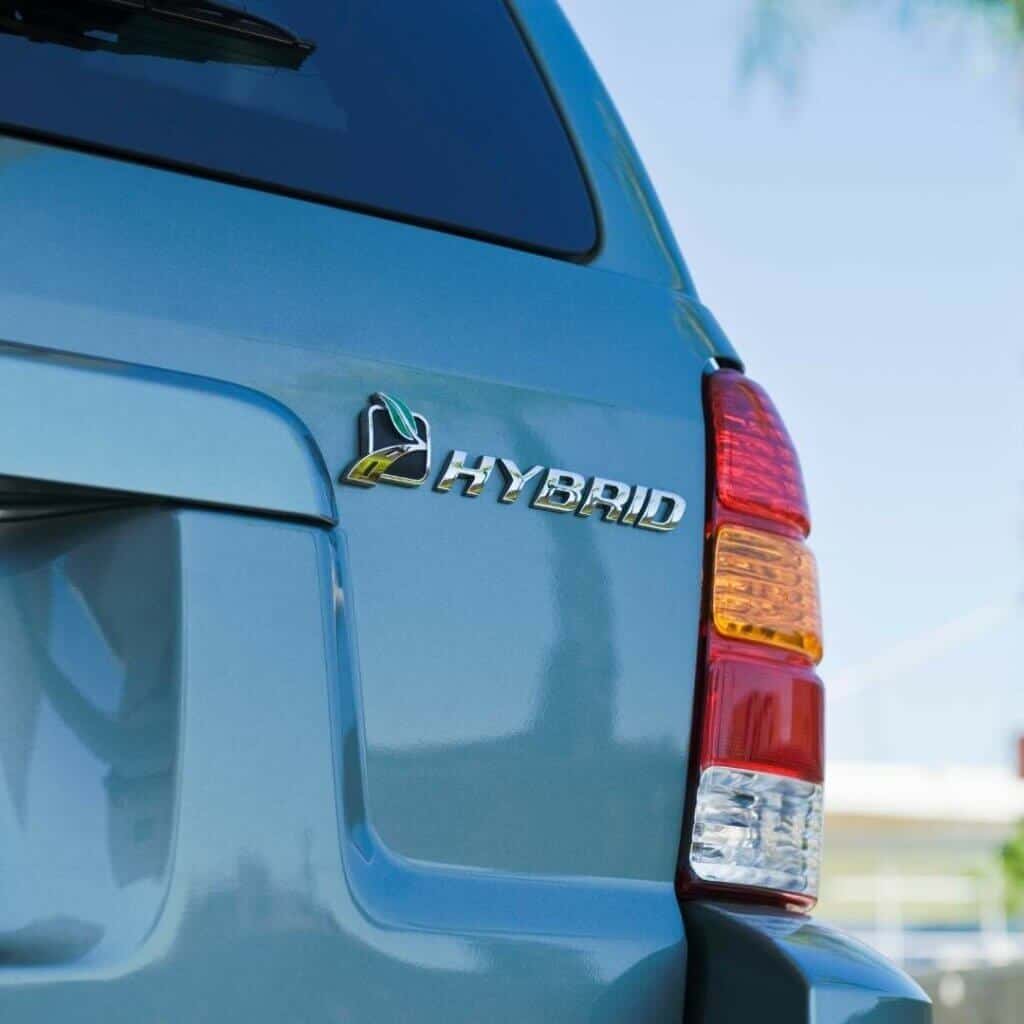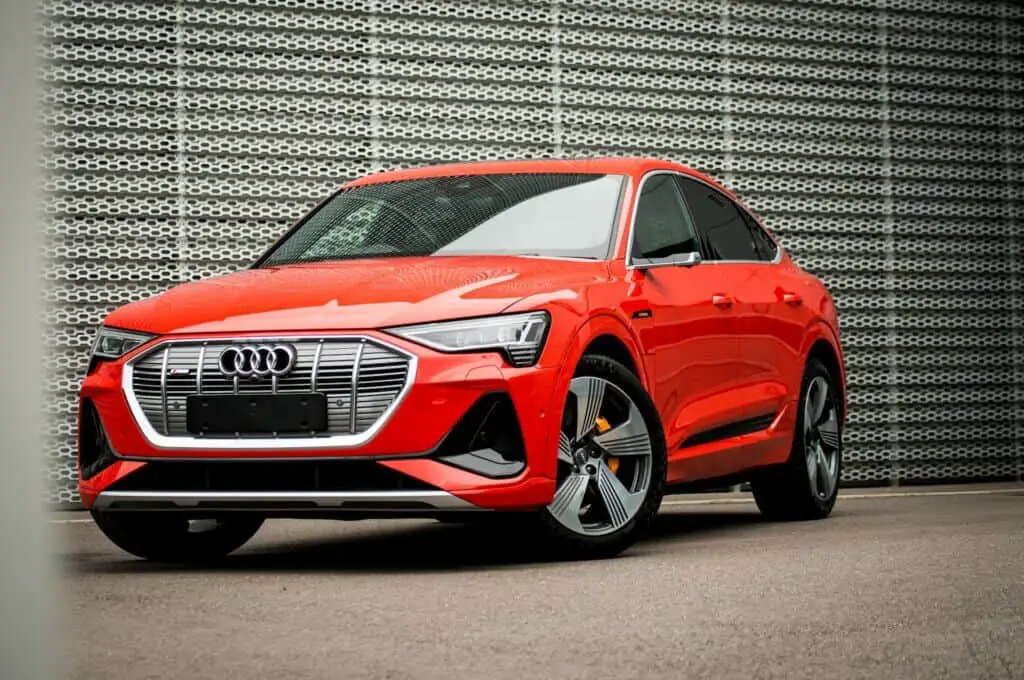What is better for planet Earth – hybrid or fully electric cars?
As concerns grow over climate change and the need to reduce greenhouse gas emissions from the transportation sector, many consumers are considering more environmentally friendly vehicle options like hybrid and electric cars.
Hybrid vs electric cars and environmental impact

On one hand, hybrid cars like the Toyota Prius utilize both a gas engine and electric motor, allowing them to achieve better fuel efficiency than traditional gas-powered vehicles. This means they emit less CO2 per mile driven. However, hybrids still rely heavily on gasoline, produce tailpipe emissions, and have environmental impacts from oil drilling and refining. [1]
On the other hand, all-electric vehicles (EVs) produce zero direct emissions since they operate solely on electricity. But EVs aren’t emission-free since generating electricity often involves fossil fuels. And producing EV batteries has its own environmental footprint. [2]
This article will compare lifecycle emissions, manufacturing impacts, fuel sources, and other factors to evaluate the pros and cons of hybrids and EVs. Determining which option is greener can help inform consumer choices and policies aimed at reducing the environmental impact of personal transportation.
Why Hybrid Cars Are Not So “Green”?
Here are some of the major problems associated with hybrid cars and reasons why electric vehicles are likely a better long-term option:
- Hybrids still rely heavily on gasoline, so they continue to emit greenhouse gases and air pollutants from the tailpipe. EVs produce zero direct emissions, which helps improve air quality.
- The environmental impacts of drilling, transporting, and refining oil for gas-powered hybrids can be significant. EVs can run on electricity from renewable sources like solar and wind.
- Hybrid batteries are smaller than EV batteries, meaning shorter electric-only driving range. Most hybrids can only go a couple miles before needing the gas engine. EVs like Teslas have ranges of 300+ miles per charge.
- Replacing degraded hybrid batteries is expensive. Out-of-warranty battery replacements can cost $3,000-$5,000 . EV batteries are lasting longer as technology keeps improving.
- Hybrids have complex drivetrains combining electric and gas components, leading to higher maintenance costs over the long run EVs have simpler, more reliable electric drivetrains.
- Major automakers are shifting focus and investments towards EVs rather than hybrids. More charging infrastructure is being built to support an all-electric future.
Statistics about carbon footprint trends in the last 5 years
- The carbon footprint for the average American is still around 15 tonnes CO2e per year, nearly double the global average of 8 tonnes per person.
- According to the Global Carbon Project, global CO2 emissions from fossil fuels have increased by an average of 1.3% per year since 2017. In 2021, estimated emissions reached 36.3 billion tonnes, the highest ever recorded [5]
- Data from the International Energy Agency shows that after declining in 2019 and 2020 due to the COVID-19 pandemic, global energy-related CO2 emissions rebounded to 36.3 billion tonnes in 2021, their highest ever level
- Between 2016-2021, the carbon footprint of the United States has decreased by around 7.1%, from 5.28 billion to 4.91 billion metric tons of CO2 equivalent.
- China’s carbon footprint has grown significantly, rising from 9.2 billion metric tons CO2 equivalent in 2016 to 10.6 billion metric tons in 2020, a 15% increase.
- India’s carbon footprint increased 18% between 2016-2020, reaching 2.89 billion metric tons CO2 equivalent in 2020.
Conclusion
While hybrids offer increased fuel efficiency over traditional gas cars, EVs are likely the better long-term choice for reducing environmental impact and transitioning away from fossil fuel dependence. The simplicity and improving range of EVs make them a more viable sustainable transportation option moving forward.
While some progress has been made in certain countries, global carbon emissions and overall human carbon footprint remain extremely high. Significant reductions are urgently needed across countries, sectors, and income levels to limit climate change according to IPCC recommendations. This will require aggressive policies, lifestyle changes, and transitioning energy systems away from fossil fuels.
Read Next: Toyota Hybrid Battery Problems





